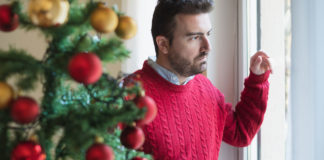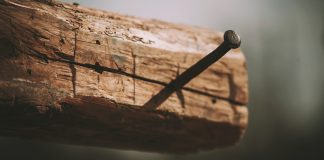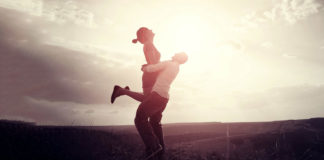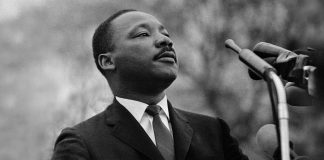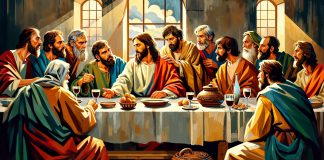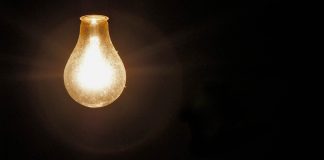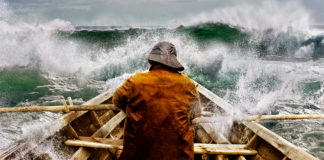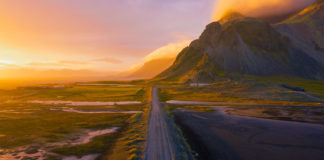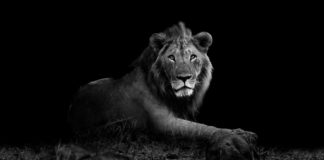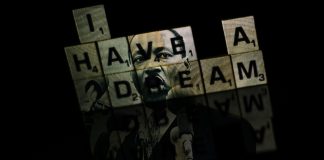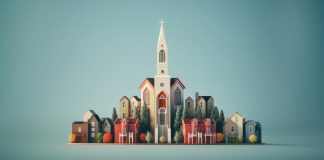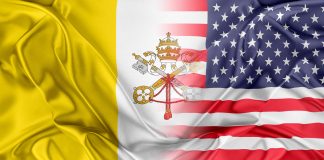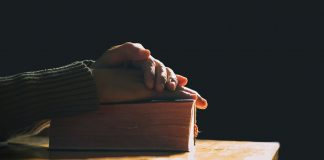Holidays when you’re not feeling good
The December days that start with the number 2—that is, starting from the 20th—are like a train with batteries on a closed circuit. They pass, with the twinkle of LEDs, like carriages loaded with emotions about the past, about the future and about the present, with nostalgia and regret, with delight, and with fear and worry: a mixture that we enjoy with the...
Life in the vicinity of death
One night while checking on his patients in a palliative care centre, the therapist risked asking a confusing question to a person whose universe had shrunk to the size of his sickbed: “What brought you joy today?” The answer was immediate: “Being alive.”
Uncertain certainties and the fragility of reason
“For a long time I supposed that somewhere in the university, there were really clever people whom I had not yet met, and whom I should at once recognise as my intellectual superiors, but during my second year, I discovered that I already knew all the cleverest people in the university. This was a disappointment to me, but at the same time gave...
Love does not give up
We love people for who they are. But there is a kind of love that is too high for us to truly comprehend in all its nuances, a love that manifests itself towards people no matter who they are or what they become. We find a love such as this in the beautiful story of Ian and Larissa.
Martin Luther King, Jr. | What have we to do with heroes?
On August 28, 2011, when the Martin Luther King, Jr. Memorial was opened to the public in Washington D.C., 48 years had passed since the famous “I have a dream” speech by the young African-American Baptist pastor.
Paul’s savage class critique in 1 Corinthians
If you’ve ever been to a Christian church, there’s a good chance that you’ll have experienced a unique ritual involving bread and grape juice: the Lord’s Supper, or as we’ll refer to it, Communion. Depending on the denomination, your experience may vary wildly. You may be offered a cup that everyone collectively sips out of, accompanied by a piece of bread. Others will...
COVID-19: What if we received bad news in a void?
What if there was no good news to give us confidence that we could get through the troubles facing us now? What if there was no good news to assure us that we are cherished, loved and supported, that we are not alone?
When the face of the world changes | The epistemological significance of the Protestant Reformation
After Jesus was born—that is, in the era we call Anno Domini (AD)—the history of mankind was different from that of Christianity. As it is known, the latter was not the history of a triumphant march of Christianity towards its universalization and the unification of the human race. On the contrary, this history can rather be characterised as a manifestation of “the great...
In the same boat as the murderer
Decade after decade, Darold and Barbara Bigger have built their lives with honor, discipline, and devotion.
The road forwards that actually goes backwards
I am visiting two sick people who share the same terminal illness. Their suffering is increased by the fact that they are brothers and that a mother’s broken heart lies at the core of it all. One of them is a businessman. The other, a servant of the altar. Their mother’s greatest frustration is that her wish to take some of the suffering...
A visit to Narnia
On the 22nd of November 1963, global attention was captured by the tragic assassination of American President J.F. Kennedy. On the same day, the death of one of the most influential Christians of the 20th century, the British writer and apologist C.S.Lewis, went almost unnoticed.
Things we forget about Martin Luther King Jr
Measuring more than nine metres tall, the pale granite carving of Dr King that is the centrepiece of the Martin Luther King Jr Memorial, just to the east of the National Mall in downtown Washington DC, makes it easy to forget that he was a relatively short man. His iconic likeness towers over visitors as his words carved into the stone walls around...
The crossroads: what if I feel the church is superficial or fundamentalist?
What is my reason for joining or staying in a church? Why do I want to pass on my spiritual heritage to my children? Why do I invite my friends to church? Or what are my reasons for saying no to church invitations?
Pope Leo XIV: the relationship between the first American pope and US politics
Pope Leo XIV, who was born Robert Francis Prevost, was elected the 267th Supreme Pontiff. Born in the south of Chicago in 1955, he is the first North American pope. Despite this, his relationship with US politics is more complex than his biography might suggest.
How does God answer prayers?
“I will stand at my watch and station myself on the ramparts; I will look to see what he will say to me” (Habakkuk 2:1).












